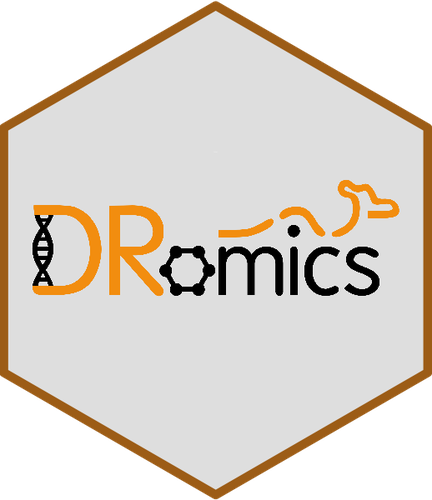
ARMENGAUD Jean
- DRF-Joliot-DMTS, CEA, Bagnols-sur-Cèze, France
- Aquatic ecotoxicology, Bioassays, Biomarkers, Biomonitoring, Bioremediation, Biotransformation, Environmental monitoring, Genetics / Genomics, Genotype-Phenotype, Human Health, Marine ecotoxicology, Microbial ecotoxicology, Terrestrial ecotoxicology
- recommender
Recommendations: 0
Review: 1
Review: 1

DRomics, a workflow to exploit dose-response omics data in ecotoxicology
New features of DRomics workflow for improved analyze of dose-response omics data in ecotoxicology
Recommended by Claudia Cosio based on reviews by Jean Armengaud, Beatrice Gagnaire and Rebecca BeauvaisOur ability to anticipate and estimate how pollution affects components of ecosystems is of paramount importance in the field of ecotoxicology. Dose-response modeling is instrumental, as it allows deriving sensitivity thresholds used at the basis of regulatory risk assessment. In recent years, omics have highly influenced how the impacts of stressors are understood by revealing molecular changes at all levels of biota biological organization (Ebner et al., 2021). To allow analysis of omics data obtained using a typical dose-response design, DRomics a freely available tool for dose-response was proposed composed of both an R package and a free web application (Larras et al. 2018). Advances in this field depend both on theoretical concepts, technology and data integration.
In this context, Delignette-Muller et al. (2023) address the question of how to better integrate omics information in dose-response questions. The paper lists previous possibilities of DRomics and presents new features. It is now able to handle all types of continuous omic and continuous non-omic data (e.g. growth data). This new version proposes new visualization tools, functional annotation and improved modeling workflow for a better robustness of analysis of data with few replicates. New features are meant to help for biological interpretation at the metabolic pathway level, to compare different measurements, biological materials or experimental settings.
References
Delignette-Muller, M. L., A. Siberchicot, F. Larras and E. Billoir (2023), DRomics, a workflow to exploit dose-response omics data in ecotoxicology. bioRxiv, 2023.2002.2009.527852, ver. 4 peer-reviewed and recommended by Peer Community in Ecotoxicology and Environmental Chemistry. https://doi.org/10.1101/2023.02.09.527852
Ebner JN. (2021) Trends in the Application of "Omics" to Ecotoxicology and Stress Ecology. Genes, 12(10):1481. https://doi.org/10.3390/genes12101481
Larras F, Billoir E, Baillard V, Siberchicot A, Scholz S, Wubet T, Tarkka M, Schmitt-Jansen M and Delignette-Muller ML (2018). DRomics: a turnkey tool to support the use of the dose-response framework for omics data in ecological risk assessment. Environmental science & technology, 52(24):14461. https://doi.org/10.1021/acs.est.8b04752